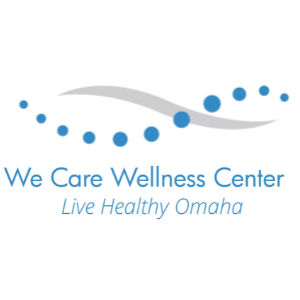
Ask Your Bones.. If You Have Alzheimer’s Risk
The most challenging aspect of Alzheimer’s disease is predicting who it will affect. While some genetic risk factors have been identified, genes are the clear culprit in about 5% of cases. Identifying other risk factors is important in order to motivate people to take preventative measures to avoid the disease. Researchers at Northeast Ohio Medical University believe they have identified one new factor. This line of research investigated the link between the brain-stem and your bones health.
The team found that when the area of the brain stem that makes serotonin starts to degenerate, bone mineral density also decreases. This is significant because early signs of Alzheimer’s can include reductions in serotonin levels, affecting mood and sleep.
While screening serotonin levels isn’t very common among the elderly, but evaluating bone mineral density is. A decrease in bone mineral density is a warning sign of osteoporosis. This research indicates that a bone mineral density screening could actually do double duty identifying osteoporosis and Alzheimer’s risk. Now with the serotonin connection researchers have a new avenues to find therapy for both diseases.
This research also provides a reminder that all aspects of our health are intertwined. Dealing with osteoporosis and the increased fracture risk can be particularly challenging for a person whose cognitive health is also declining. So don’t wait for a low bone mineral density test to tell you that you’re at risk of both osteoporosis and Alzheimer’s.
If you do have signs of osteoporosis, one remedy that works great for my patients is Cal Gel, which has nutrients that keep your bones strong. Mention this newsletter and get 10% off of a bottle of Cal Gel. Stay tuned for further updates on how serotonin can help protect you as researchers continue to investigate this promising arena.
